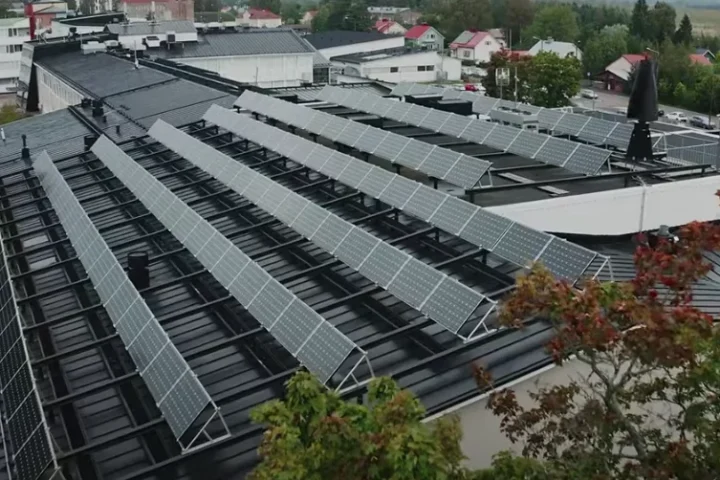Rivian Automotive received its next $1 billion equity investment from Volkswagen Group on June 30, 2025, priced at $19.42 per share—a 33% premium over Rivian’s 30-day trading average of $14.56.
Despite this cash injection, Rivian’s Q2 deliveries fell 23% year-over-year to 10,661 vehicles, while production plummeted to just 5,979 units—far below analyst expectations of around 11,000.
“Trade tariffs imposed by U.S. President Donald Trump have led to a surge in manufacturing costs for the sector, with carmakers scrambling to reorganize supply chains,” Reuters reported. These tariffs, coupled with high interest rates, are pushing buyers toward cheaper hybrid and gas-powered alternatives.
Strategic Partnership with VW
The $1 billion payment is part of a larger $5.8 billion agreement between Rivian and Volkswagen. The deal includes up to $3.5 billion in equity investments (potentially making VW Rivian’s largest shareholder) and $2.3 billion for a joint technology venture.
Similar Posts
VW’s interest centers on Rivian’s software and electrical architecture, which it plans to incorporate into future EVs, including the ID.1 expected in 2027.
This payment was triggered by Rivian achieving its second consecutive quarter of gross profit in Q1 2025 ($206 million)—a key milestone specified in their agreement.
Production Slowdown Explained
Rivian’s limited Q2 production was intentional. The company is retooling for its 2026 model year R1S and R1T vehicles, set to launch in July, and preparing for the crucial R2 rollout.
This planned slowdown aims to prevent excess inventory of outgoing models. Despite these numbers, Rivian maintained its full-year 2025 delivery guidance of 40,000 to 46,000 vehicles, though this target had already been reduced from earlier projections.
Financial Outlook Remains Challenging
While Rivian expects “modest positive gross profit” for 2025, it still forecasts an adjusted EBITDA loss between $1.7 billion and $1.9 billion. The company’s cash position stood at $4.7 billion at the end of Q1 2025.
Capital expenditure guidance has increased to $1.8-1.9 billion, partly due to tariff impacts. The company recently laid off approximately 140 employees (about 1% of its workforce), primarily in manufacturing, to improve operational efficiency.
R2: The Make-or-Break Model
The mid-sized R2 SUV, scheduled for launch in early 2026 at about $45,000, represents Rivian’s best hope for profitability. Design validation builds are underway, and the 1.1 million square-foot manufacturing expansion in Illinois is on schedule.
Rivian plans a month-long factory shutdown later this year to install R2 production equipment. The company is also developing the smaller R3 to further broaden its market reach.
“The rise in vehicle costs could put pressure on Rivian’s margins at a time when the company has been looking to boost profits ahead of the roll-out of its more affordable R2 SUVs next year,” noted Reuters.
Market Reaction Remains Cautious
Wall Street maintains a “Hold” consensus on Rivian stock. The average twelve-month price target is $14.38, with forecasts ranging from $6.10 to $28.00.
“Now with the tax credit going away, that loophole goes away as well. That is going to have a negative impact in the near term because it’s going to result in cars being more expensive,” said Andres Sheppard, senior equity analyst at Cantor Fitzgerald.

A bill passed by Senate Republicans could end the $7,500 EV tax credit by September 30. While Rivian’s vehicles didn’t directly qualify, the company had been using a leasing loophole to access the incentive.
Full Q2 financial results will be released on August 5, 2025, after market close.


















